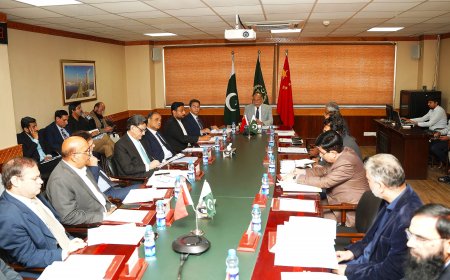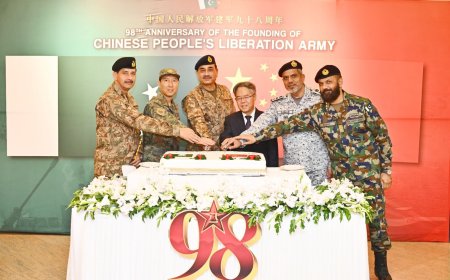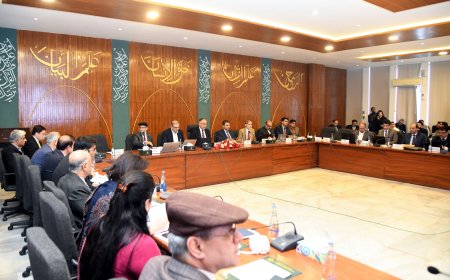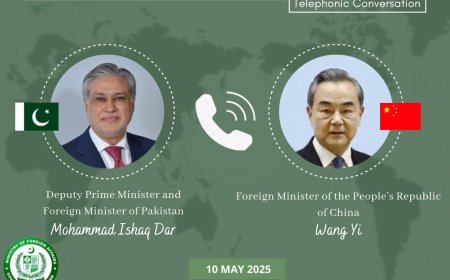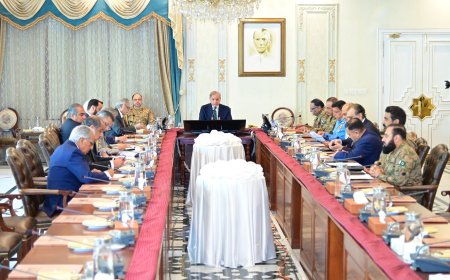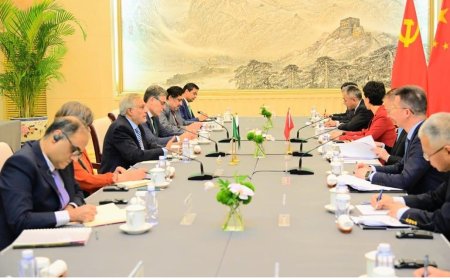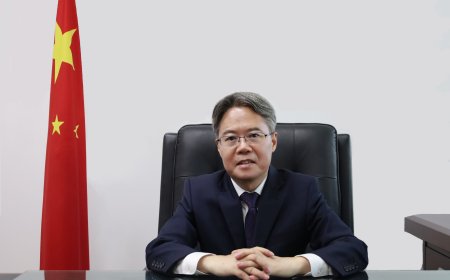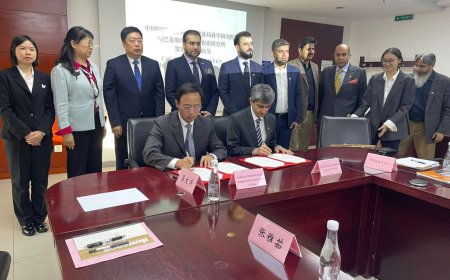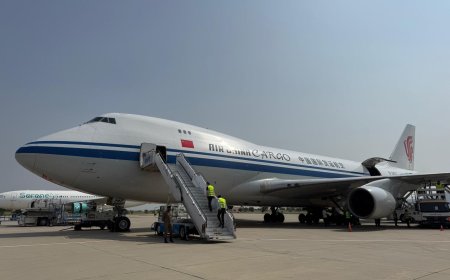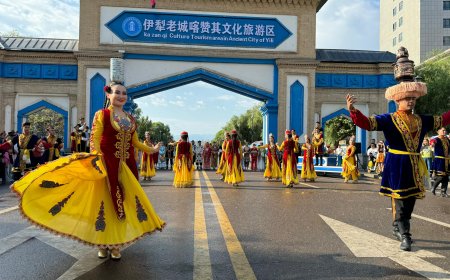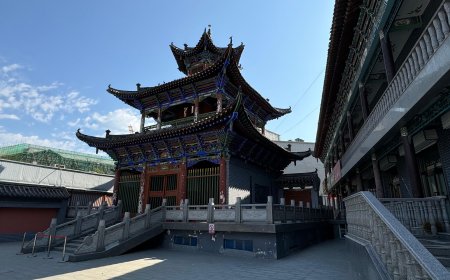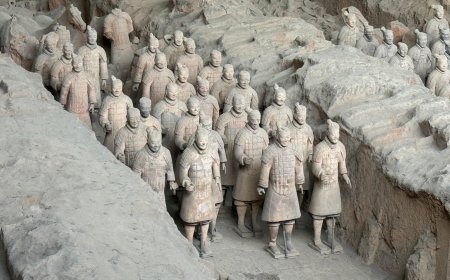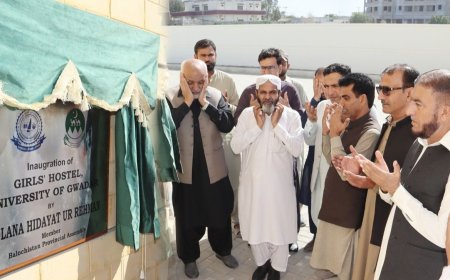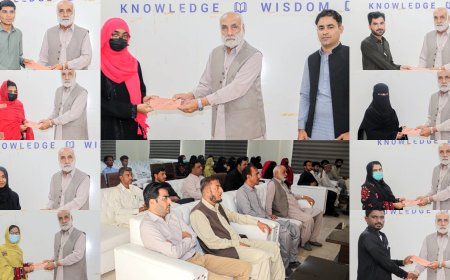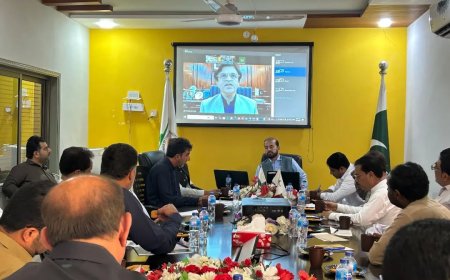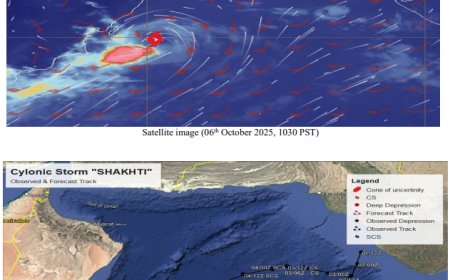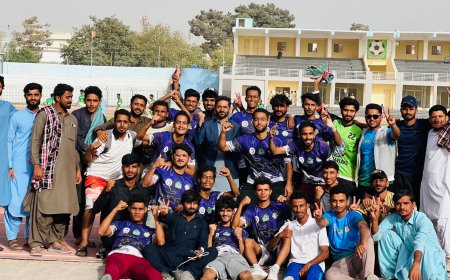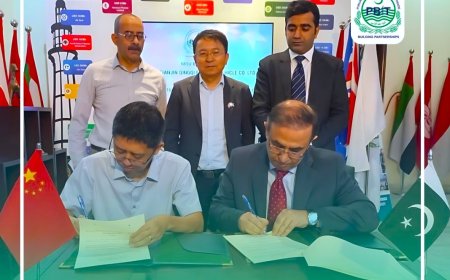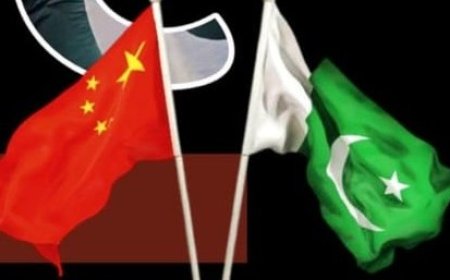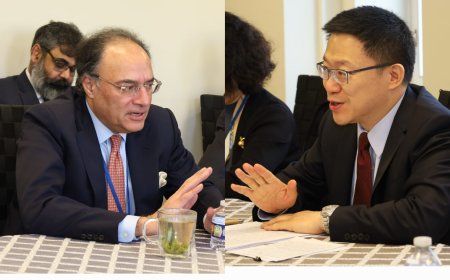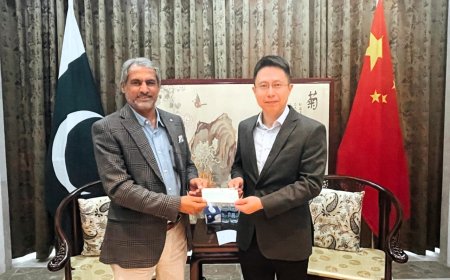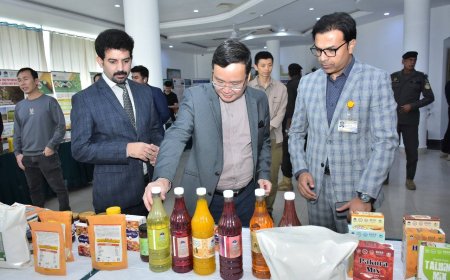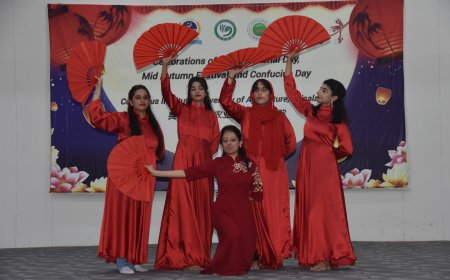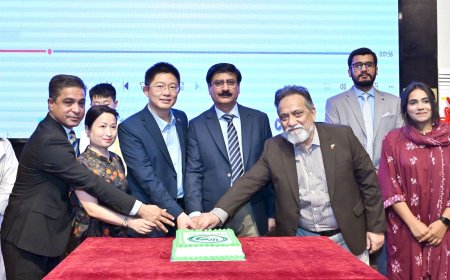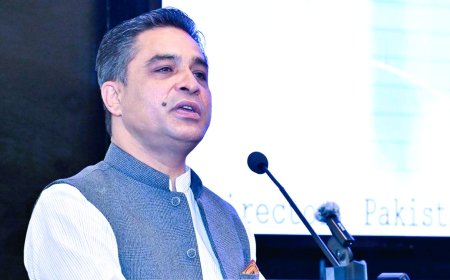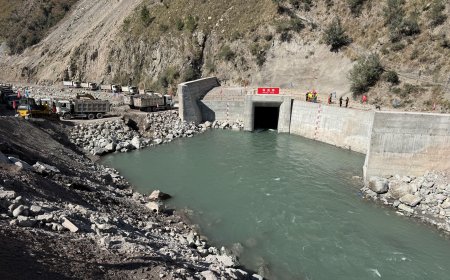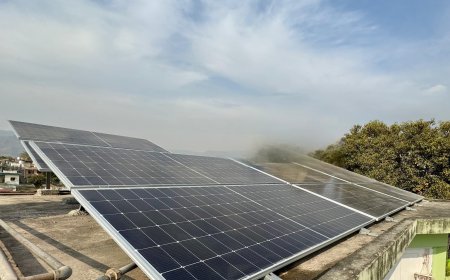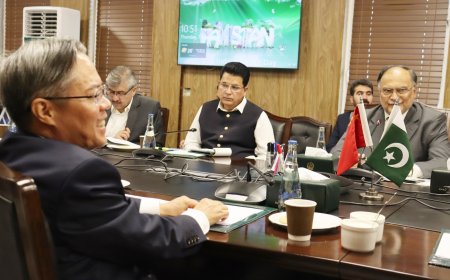Pakistan Seeks to Transform Transport Corridors into Economic Lifelines
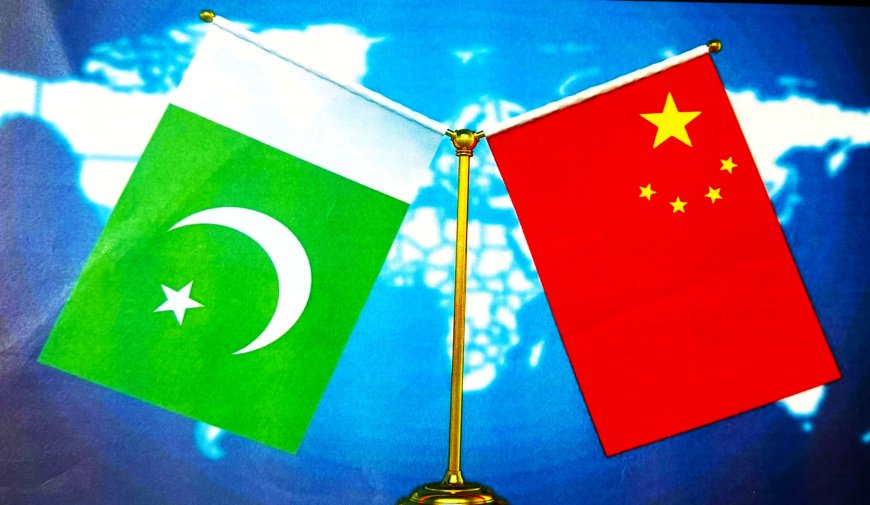
ISLAMABAD: A high-level consultative session on converting Pakistan’s transport corridors into economic hubs took place today, chaired by Professor Ahsan Iqbal, Federal Minister for Planning, Development, and Special Initiatives. In his opening address, Professor Iqbal emphasized the strategic importance of utilizing existing transport infrastructure to drive the nation’s economic growth, transforming these corridors into zones of industrial development, regional integration, and sustainable progress.
"Our vision is to harness the power of our transport networks to stimulate industrial growth and create new opportunities for trade, investment, and regional collaboration," the minister stated, stressing that these corridors should evolve into the economy's lifelines, not just serve as transportation routes.
Senior officials from federal and provincial governments, experts from urban planning, tourism, civil society, and the private sector participated in the session. The discussions centered on creating comprehensive business plans to establish economic zones along the transport routes, integrating industrial and commercial activities to boost sectors such as manufacturing, agriculture, and services.
Highlighting the role of existing infrastructure, Professor Iqbal said, "Our road and rail networks are already reshaping connectivity in Pakistan. The China-Pakistan Economic Corridor (CPEC) demonstrates how transport infrastructure can fuel economic growth by linking us to global markets and enhancing regional cooperation."
The minister also pointed out the need for thorough feasibility studies, financial models, and strategic planning to attract domestic and international investments. He noted the potential for tourism and agri-processing industries to thrive along these routes, with value addition to agricultural products enhancing Pakistan's competitiveness in global markets.
Professor Iqbal underscored the importance of human capital development, announcing plans to establish vocational training centers along the corridors to equip the local workforce with the skills needed to benefit from the economic transformation.
Regarding regional integration, he emphasized Pakistan's strategic location as a crossroads of Central Asia, South Asia, and the Middle East, highlighting the potential for enhanced trade relations and cross-border cooperation with neighboring countries like China, Afghanistan, and Iran.
What's Your Reaction?







